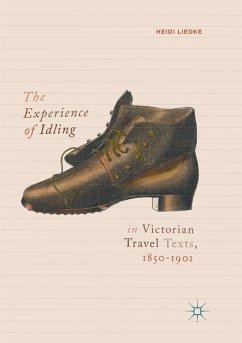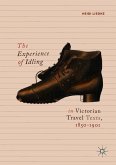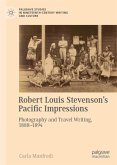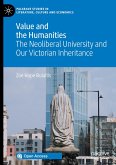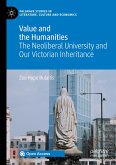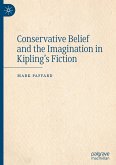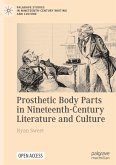This book brings together theories of spatiality and mobility with a study of travel writing in the Victorian period to suggest that 'idleness' is an important but neglected condition of subjectivity in that era. Contrary to familiar stereotypes of 'the Victorians' as characterized by speed, work, and mechanized travel, this books asserts a counter-narrative in which certain writers embraced idleness in travel as a radical means to 're-subjectification' and the assertion of a 'late-Romantic' sensibility. Attentive to the historical and literary continuities between 'Romantic' and 'Victorian', the book reconstructs the Victorian discourse on idleness. It draws on an interdisciplinary range of theorists and brings together a fresh selection of accounts viewed through the lens of cultural studies as well as accounts of publication history and author biography. Travel texts from different genres (by writers such as Anna Mary Howitt, Jerome K. Jerome and George Gissing) are brought together as representing the different facets of the spectrum of idleness in the Victorian context.
"Heidi Liedke's study, The Experience of Idling in Victorian Travel Texts, 1850-1901, takes a deep dive into the fascinating phenomenon of writers in the latter half of the century ... ." (Maria Frawley, Victorian Studies, Vol. 63 (4), 2021)
"This is a thought-provoking monograph of interest to Victorianists studying travel writing, as well as those studying the relationships between work, toil, rest, leisure and idling." (H-F Dessain, BAVS Newsletter, Vol. 19 (3), 2019)
"This is a thought-provoking monograph of interest to Victorianists studying travel writing, as well as those studying the relationships between work, toil, rest, leisure and idling." (H-F Dessain, BAVS Newsletter, Vol. 19 (3), 2019)

